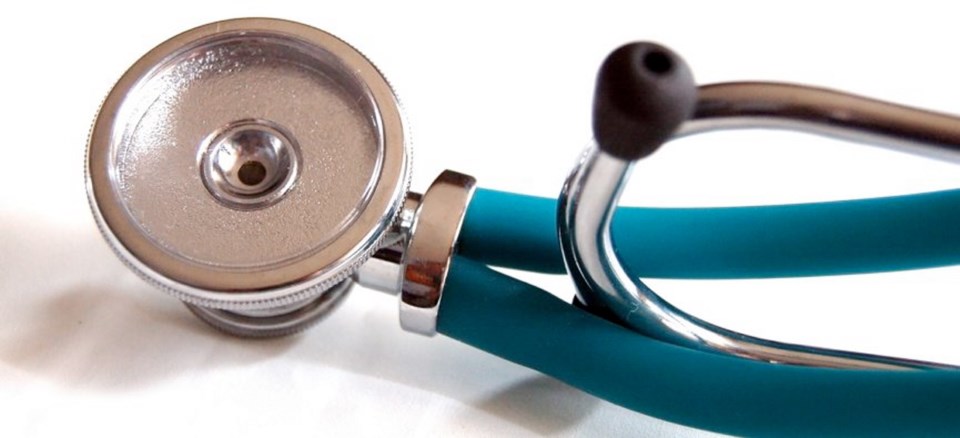Do large doses of vitamin C increase the risk of kidney stones? It’s a question I’m often asked, having reported the medical value of vitamin C in decreasing the risk of cardiovascular disease. So is this concern fact or fiction? Or does vitamin C, by making acid urine, combine with calcium and oxalate to form stones?
I asked Dr. Linus Pauling this question. Pauling, a two-time Nobel Prize winner, had for years taken 20,000 milligrams of vitamin C daily. He said: “Not a single case had been reported in medical literature. But some people who had a tendency to form oxalate stones might do so while taking large amounts of vitamin C, or those with a rare genetic problem.”
Dr. Andrew W. Saul, an international authority on nutrition, and editor of the respected Orthomolecular Medicine News Service, shares Pauling’s views. In his book, Vegetable Juicing for Everyone, Saul points out that gorillas eat a lot of plant food, so they consume large amounts of oxalate daily. But unlike humans, they rarely develop calcium oxalate kidney stones.
Saul also reports that gorillas get about 4,000 mg of vitamin C daily in their natural diet. Yet health authorities in North America are adamant that the daily requirement of C for humans is only 90 mg. Saul suggests the gorillas are unlikely to all be wrong.
Dr. Emanuel Cheraskin, a former professor of medicine at the University of Alabama, states that vitamin C is protective. He reports that, in urine, vitamin C binds to calcium. This union decreases the risk of forming calcium oxalate stones.
Dr. Saul adds another overlooked fact. He says that “high doses of vitamin C fight the formation of kidney stones by increasing the flow of urine. We know that fast flowing rivers deposit little silt, and an increased flow of urine has the same beneficial effect in humans.”
This is why it has been suggested that, since calcium oxalate stones are responsible for 75 per cent of kidney stones, vitamin C should be prescribed to prevent them.
People should also not overlook the importance of magnesium. Over the years, many patients asked me: “Am I getting enough calcium?” I can’t recall anyone who asked the same question about magnesium. Yet this mineral is needed for 300 metabolic reactions in the body. Studies show that most North Americans are lacking in magnesium.
Saul agrees that magnesium also plays an important role in preventing kidney stone formation. He says: “Magnesium stimulates the production of calcitonin which draws calcium out of blood and soft tissues and puts it back into bone where it belongs. Its main job is to keep calcium in solution, preventing it from forming crystals even when people are dehydrated.”
His book has several other suggestions for avoiding kidney stones. Maximize fluid intake by drinking fruit and vegetable juices. Orange, grape and carrot juices are high in citrates which inhibit a buildup of uric acid and stop calcium salts from forming.
Take a magnesium supplement, 300 mg daily, such as magnesium bisglycinate malate, magnesium citrate or magnesium chloride. Magnesium oxide is cheaper, but only five per cent is absorbed, and the rest can cause diarrhea.
You can also take foods high in magnesium, such as green vegetables, beans and nuts.
A good general rule is to have a slightly acid urine as this helps to prevent urinary tract infections and, at the same time, dissolves both phosphate and struvite stones. The best natural remedy to ensure a weak acid urine is 500 to 4,000 mg of vitamin C daily.
Dr. Saul has bad news for those who enjoy meat as it’s the main source of purines that form purine stones.
But I’ll still take my chance on enjoying a prime rib meal. I’ll also have the occasional cola drink that contains high amounts of phosphorus. But I always watch sugar intake that increases the risk of kidney stones.
Nor will I forget that, in the case of kidney stones, gorillas are getting a better nutritional deal than humans.
��

